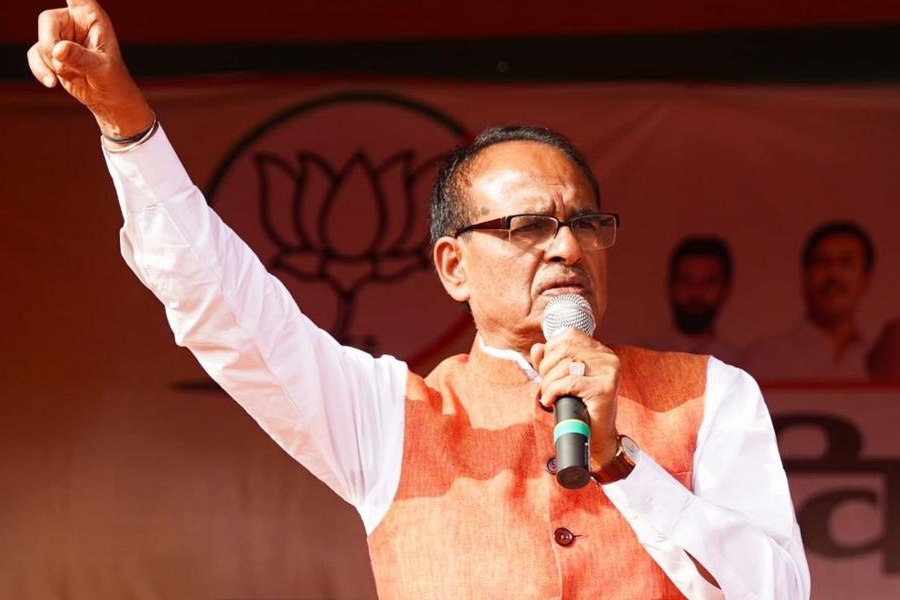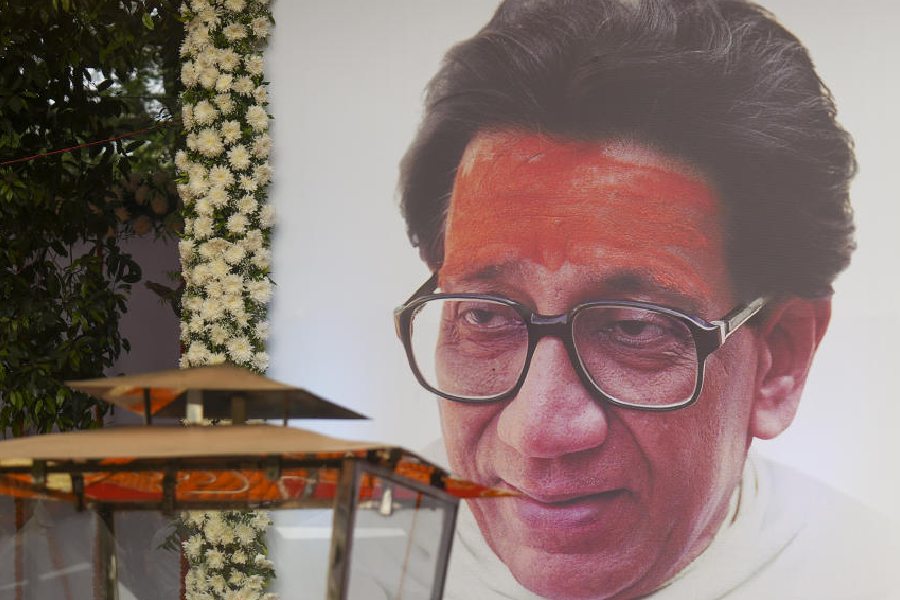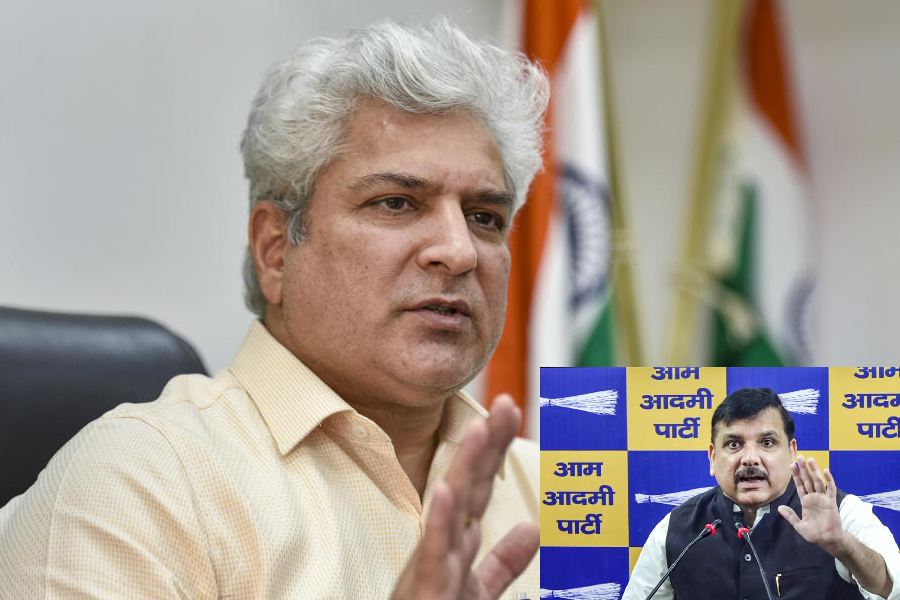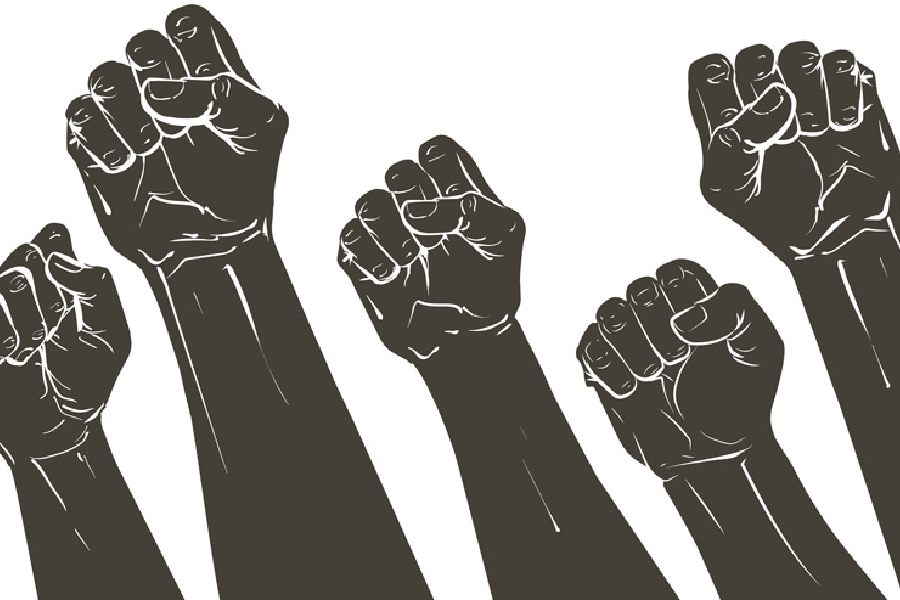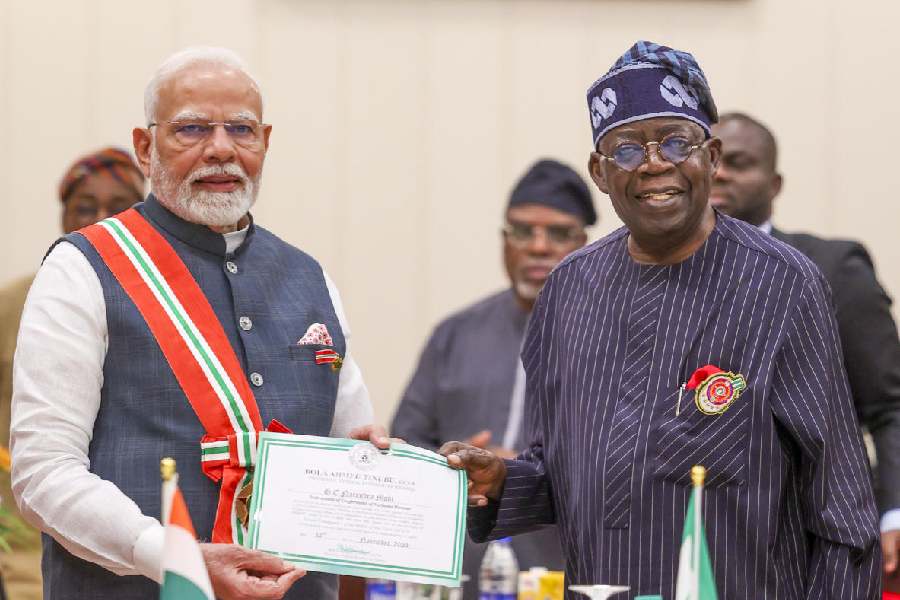Sir — It was greatly disheartening to read that poachers in Sri Lanka are estimated to have killed around 600 wild birds and animals each day since the government imposed a countrywide curfew in March to stem the Covid-19 pandemic. Around 50-100 poachers have apparently entered national parks daily since the lockdown started.
Given the inability of forest departments to adequately man sanctuaries and forest reserves during these times, it is not surprising that poachers now feel bolder. The Sri Lankan government has now relaxed some lockdown restrictions; one of its priorities should be to heighten security at the national parks.
Cynthia Perera,
Colombo
Huge dilemma
Sir — Even though the Central government has warned private hospitals against turning away critical patients suffering from other diseases or conditions during the Covid-19 pandemic, are the warnings being heeded? Several hospitals in the country continue to turn away patients, leaving even the critically ill without treatment. Everyone knows about the 70-year-old cancer patient who was refused treatment by multiple hospitals in Calcutta, eventually leading to his death. Then there was the 76-year-old man from Bihar who had multiple age-related ailments — he was also diagnosed with Parkinson’s-induced sepsis — who died on account of alleged negligence by a private hospital in Calcutta, which denied him admission on the suspicion that he was Covid-19-positive.
Even state government advisories issued in this context have failed to be effective. Matters have come to such a pass that the Bombay High Court had to direct the authorities in Maharashtra to ensure that non-Covid-19 patients are also given proper medical treatment at this time.
Since most hospitals are now operating with reduced staff, they are evidently trying to keep the number of patients in check. It is of utmost importance to prioritize those who have been infected with the novel coronavirus, but at the same time, patients suffering from other major illnesses such as cancer, diabetes and cardiac problems should also receive proper treatment.
Khokan Das,
Calcutta
Sir — It is heartbreaking that patients with serious illnesses other than Covid-19 are having a tough time getting treated during the pandemic. The pressure on doctors and nurses is immense; in fact, many of them are contracting Covid-19 as well and thereafter being unable to treat patients.
What is the solution in such a time of distress? How do we ensure that everyone gets the treatment that they need at a time like this? This is one of the key concerns that the Centre and the state governments must address together. While the coronavirus must be stopped in its tracks, other serious diseases cannot be ignored.
Priyanjali Bose,
Calcutta
Homeward bound
Sir — Employers, the builders’ lobby and the government have suddenly become aware of the importance of migrant workers and their significant contributions to the economy. This is why they did their best to scuttle the workers’ plans to return to their home states from Karnataka (“‘Slave’ cry after travel halted for manpower”, May 7). After the Karnataka government initially halted train services for the labourers to go home, there was great outrage and it was alleged that the builders’ lobby had got the dispensation to take this step on the grounds that construction work would come to a standstill if the workers went home.
While the government had to restart train services following a public outcry, it must still be remembered that if only the labourers had been cared for properly after the lockdown was announced, they might not have entertained the idea of going back home. After all, their home states did not give them the job opportunities they wanted; they were forced to migrate to find work. In these uncertain times, are they not allowed to want to be at home with their families? They, like all other citizens, have the right to leave, and governments are duty-bound and morally obligated to help them do so.
H.N. Ramakrishna,
Bangalore


